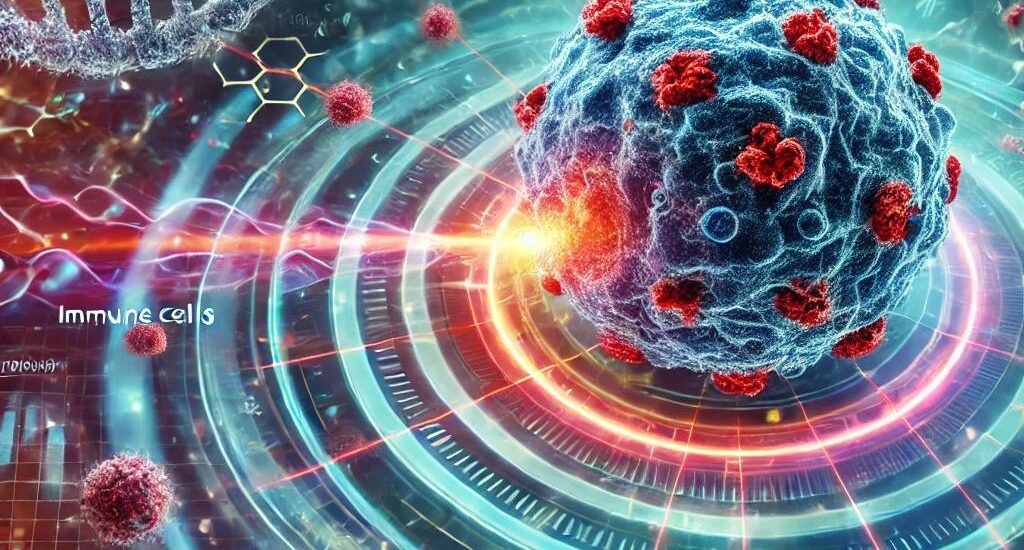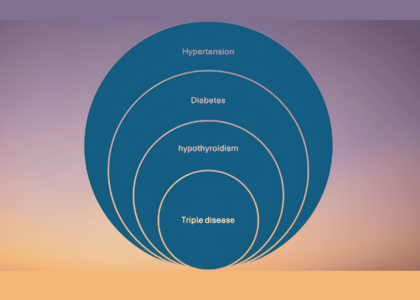Personalized cancer vaccines represent an exciting and innovative approach to cancer treatment. Unlike traditional vaccines, which prevent diseases, personalized cancer vaccines are designed to treat cancer by harnessing the body’s immune system to target the unique mutations present in an individual’s cancer cells.
While these vaccines are still in clinical trial stages, they are showing promise in certain cancer types and are considered the future of cancer care. Here’s an overview of what personalized cancer vaccines are, how they work, and their potential impact on cancer treatment.
What Are Personalized Cancer Vaccines?
Personalized cancer vaccines are tailored specifically to a patient’s tumor. This means they target the unique genetic mutations or proteins (known as neoantigens) found in that particular tumor. The vaccine is designed to train the immune system to recognize these tumor-specific markers and attack the cancer cells, sparing healthy cells.
How Do Personalized Cancer Vaccines Work?
1. Tumor Analysis: A sample of the patient’s tumor is taken and analyzed for specific mutations.
2. Vaccine Development: Scientists create a vaccine containing those specific tumor mutations or antigens.
3. Immune Activation: Once administered, the vaccine teaches the immune system to recognize and attack cancer cells with those mutations.
4. Tumor Targeting: The immune system, now “trained,” targets and destroys cancer cells more effectively.What Types of Cancer Could Benefit from Personalized Cancer Vaccines?
Research is ongoing, but here are some cancers where personalized vaccines show the most promise:
• Melanoma: One of the most researched cancers for personalized vaccines, especially in patients who don’t respond well to standard treatments.
• Non-Small Cell Lung Cancer (NSCLC): Studies suggest that targeting mutations in NSCLC could improve patient outcomes.
• Colorectal Cancer: Some trials show promise in using vaccines to boost the immune system’s response to colorectal cancer.
• Breast Cancer: Particularly for aggressive forms like triple-negative breast cancer.
• Glioblastoma (Brain Cancer): Personalized vaccines are being tested for their potential to extend survival in this aggressive brain cancer.While promising, it’s important to note that personalized cancer vaccines are not yet widely available and are primarily being tested in clinical trials. However, as research progresses, these vaccines could become a part of standard cancer treatment in the future.
Current Success Stories and Challenges
Although no patients have been completely cured by personalized cancer vaccines alone, clinical trials have shown positive results. For example:
• Melanoma patients have experienced longer remissions when vaccines were combined with other treatments like immune checkpoint inhibitors.
• In glioblastoma and lung cancer, personalized vaccines have helped to slow tumor progression and extend survival times.However, the approach is still in development, and further research is needed before personalized cancer vaccines can be widely used to cure cancer.
Availability and Costs
As of now, personalized cancer vaccines are available primarily through clinical trials, and they are mostly being developed in countries like the United States, Germany, and Switzerland. The costs can be high, often ranging from ₹20-30 lakhs or more, depending on the complexity of the case and the treatments involved.
The Future of Personalized Cancer Treatment
While personalized cancer vaccines are still in the experimental phase, they represent a significant step forward in precision medicine. By targeting the unique aspects of each patient’s tumor, the hope is to create more effective, less toxic treatments that offer better long-term outcomes.
If you or a loved one is interested in learning more about emerging cancer treatments, it’s important to consult with an oncologist to explore all available options, including potential participation in clinical trials.
Would you like to know more about personalized cancer vaccines or related treatments? Feel free to reach out to us for expert advice and information.
Conclusion:
Personalized cancer vaccines are paving the way for a new era in cancer care. Although these vaccines are still in development, their potential to significantly improve treatment outcomes offers hope for the future of oncology. As research advances, we may see more breakthroughs in the fight against cancer.











